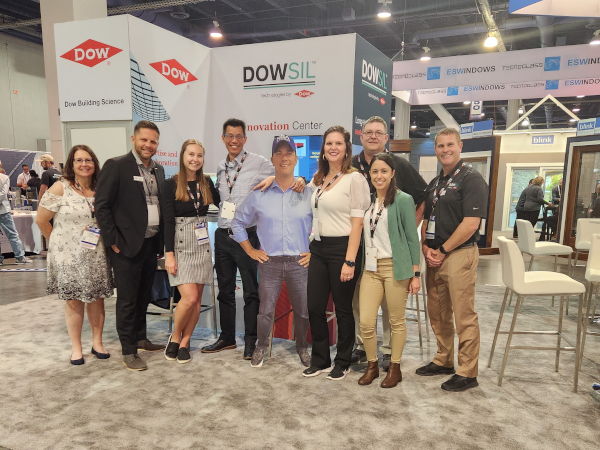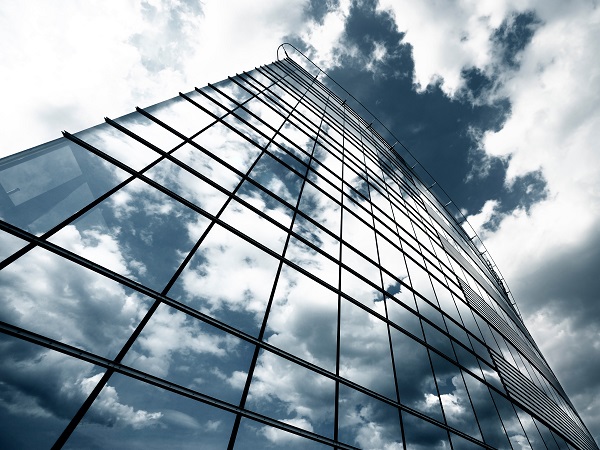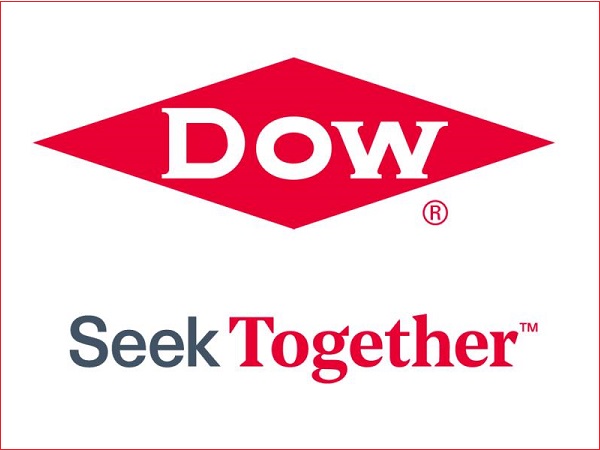Date: 18 July 2012
A modern public transportation system helps the metropolis operate smoothly, energy-efficiently and safely. As city planners continually seek sustainable solutions to improve mass transportation and to accommodate record ridership, Dow Corning silicone structural sealants are helping make the Shanghai Metro’s platform screen doors more effective and energy-efficient.
The screen doors separate the metro platform from the cars to improve passenger safety and must be able to withstand pressure from wind, crowds, impacts, and earthquakes, which puts rigorous demands on the silicone sealant used on the glass and door frames. Shanghai Metro engineers selected Dow Corning structural glazing sealants because of its strength, durability, and stability at high and low temperature.
In addition to making Metro stations safer by separating the train and the platform, Dow Corning weather-proofing sealants reduce the amount of energy consumed by the environmental control system, including heat in the winter and air conditioning in the summer.
“I have witnessed the rapid development and the great strides being made within the vast Metro network in Shanghai,” said Doug Kempf, Dow Corning High Performance Building Solutions Greater China Commercial Manager. “Silicone-based materials have played a key role in the transportation infrastructure as well as construction projects around the city by lowering carbon emissions, reducing energy consumption, and improving durability of structures. They create living and working environments that are healthier and safer for everyone.”
The positive results on screen doors on Shanghai Metro Line have resulted in them also being used in other cities across China, including Beijing, Guangzhou, Hangzhou, Nanjing, Suzhou, Shenyang, Chengdu and Tianjin.
Beyond its proven performance such as durability, safety and energy efficiency, silicone and silicon-based technology is regularly finding new ways to address societal challenges, including energy consumption reduction, water conservation, and renewable resources enhancement.
“Much of Dow Corning’s innovation portfolio is designed to address emerging megatrends by offering innovative solutions and technologies for some of society’s most pressing needs such as safety and security, energy efficiency, rising urbanization and climate change,” said Kempf. “Sustainability is an essential requirement for our future success, as it will help us meet the changing needs of our customers and markets.”
In China, Dow Corning’s products have been used in a number of high profile projects such as Shanghai Expo 2010 Theme Pavilion, China Pavilion, and Performing Arts Center. Dow Corning’s structural sealant solutions also have played a key role in a majority of the top-20 highest building in the world like Burj Khalifa Tower, Taipei 101, Petronus Twin Tower, and so on.
“China is essential to Dow Corning’s success. Our integrated silicone manufacturing site in Zhangjiagang, China’s largest facility of its kind, our Songjiang plant and Shanghai-based Dow Corning Business and Technology Center well positioned us in this market,” said Kempf.







Add new comment